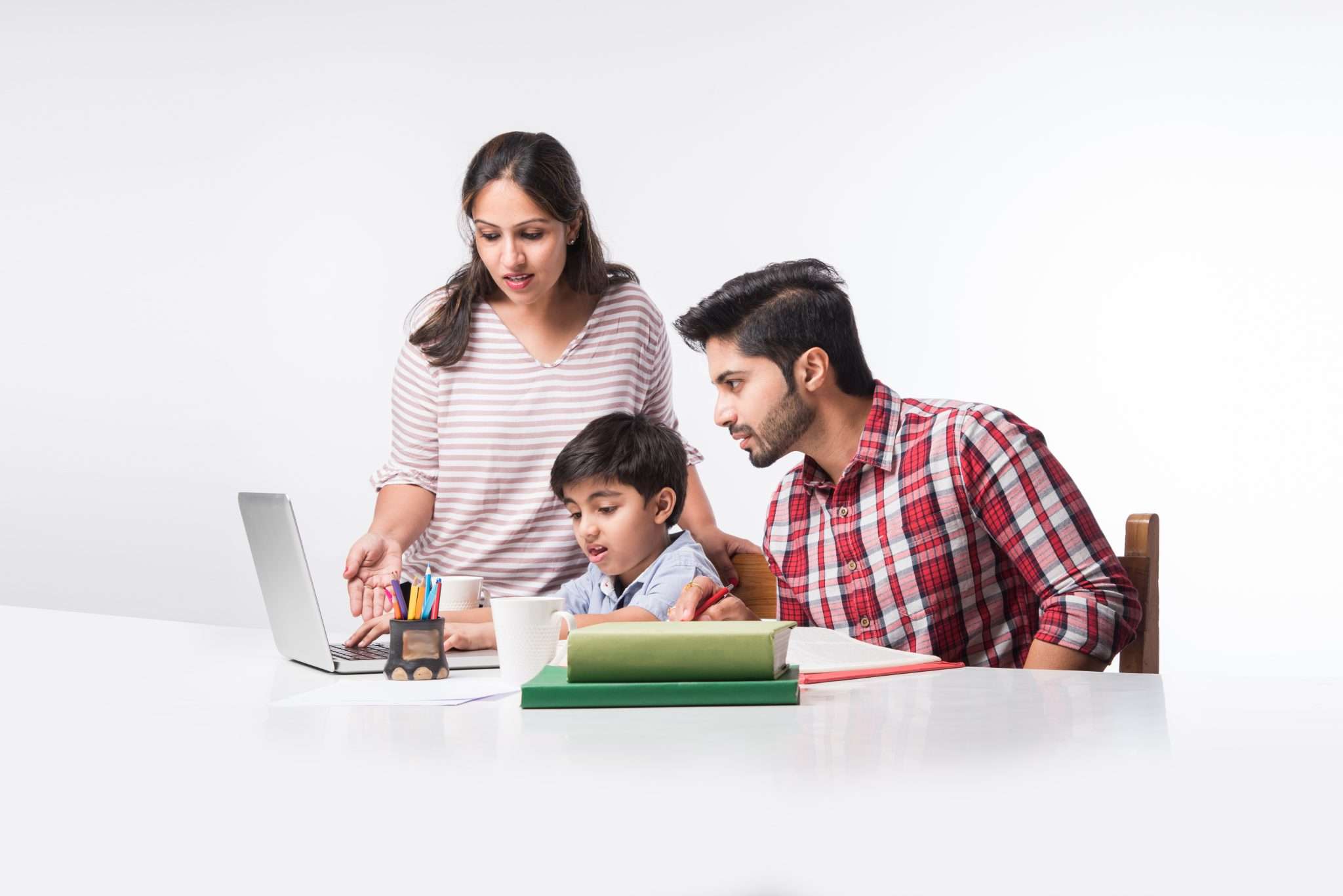The Complete Guide to Parallel Parenting Plans


Introduction
Some separated couples may be able to maintain a friendly relationship, while others may find it hard to even be together.
As parents, it’s important for us to communicate with our children in some way. However, when the situation becomes highly contentious or even explosive, it can be almost impossible to share information and come to an agreement regarding the children without the help of a third party.
In such a situation, parallel parenting might be a good option for parents to think about implementing.
A parallel parenting agreement allows co-parents to co-parent while maintaining limited direct contact with one another.
How is parallel parenting different?
Parallel parenting is an approach to parenting where both parents have their style of parenting when the kids are with them. With parallel parenting, parents don’t go to the same places, meet each other at the same time, or go to the same child-related events together. The only communication in parallel parenting is through emails, texts, or apps for co-parenting.
There is a difference between co-parenting and parallel parenting. Co-parenting involves many communication touchpoints, such as phone calls, emails, text messages, etc. The two parents may agree on a shared parenting style for a child. Parallel parenting, on the other hand, involves limited communication only through the written word. Parallel parents don’t share parenting styles and essentially parent separately.
Taking a parallel approach to co-parenting
Parallel parenting is a way for high-disagreement parents to continue sharing parenting duties while staying away from each other. This parenting approach helps parents achieve a sense of autonomy they may not have experienced in the past and helps establish healthy boundaries for shared parenting in the future.
Under a parallel parenting agreement, all communication is business-like and centred around your children. You will likely agree and set boundaries for communication; whether in writing or through a third-party platform.
That’s why parents need to find the right way to share parenting communication. The way you share parenting communication may be different from the way you share it with others. For example, phone calls, emails, or texts may not be appropriate in many high-profile co-parenting scenarios, and informal communication is often not suitable for parallel parenting.
An online tool or co-parenting app that provides secure, immutable platforms for parallel parenting communications can help parents maintain some connection while keeping their distance.
In a parallel parenting plan, the parenting time exchanges will likely take place in a neutral location away from either parent’s home or through a supervised time exchange service. Parallel parenting requires independence to make decisions for their child for the daily routines. While important decisions such as education and medical care can still be made together, everyday decisions such as what lunch the kids will have or what movie they will watch over the weekend will be made independently by each parent. Choose the best CBSE school in north Bangalore, NPS Vidhyaranyapura. Parallel parenting is likely to change parts of the shared custody routine and the parenting plan.
Overall, this parenting style serves as a starting point to end high-level conflicts in co-parenting situations. Parallel parenting helps parents to take their focus away from each other and focus on maintaining their children’s well-being. NPS Vidhyaranyapura the best school in Bangalore North, provides a congenial environment where students forget the stress of life and befriend their fellow colleagues.
While a more harmonious co-parenting arrangement is often desirable, parallel parenting does not have to be a permanent arrangement. One of the advantages of the arrangement is that it can change depending on the needs of your family and how your relationship with the co-parent evolves.
FAQs
What are the 3 types of co-parenting?
There are three main types of co-parenting after a divorce:
- Parallel parenting
- Conflict co-parenting
- Co-operative co-parenting
What is positive co-parenting?
The best practices of positive co-parenting include: Doing what is best for the child when making decisions. Respecting the other parent’s right to take part in parenting practices.Agreeing on some fundamental guidelines for raising children. Letting go of negative emotions such as anger and bitterness. NPS Vidhyaranyapura, is the best school in Bangalore north.
If my ex and I don’t get along now, can we ever decide to try Co-Parenting?
Yes, parallel parenting can be a lifesaver for parents who really want what’s best for their kids but are still struggling to heal old hurts. NPS Bangalore believes that children will benefit from any parenting approach that minimizes conflict.
What are the secure means of communication in parallel parenting?
Online resources and parallel parenting apps that provide secure, immutable channels for parallel parenting communications can help parents feel connected while keeping their distance from one another.





